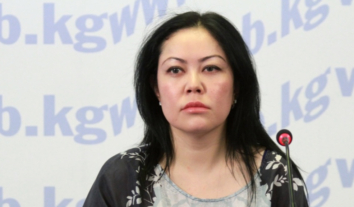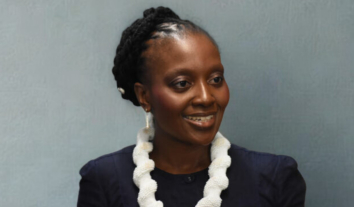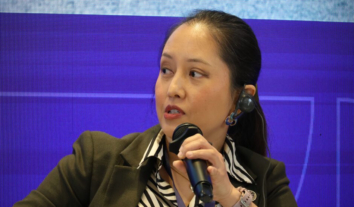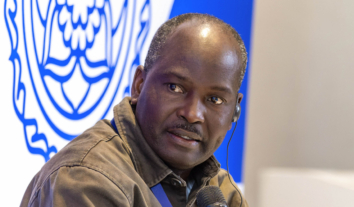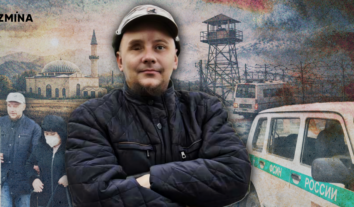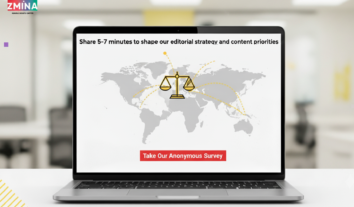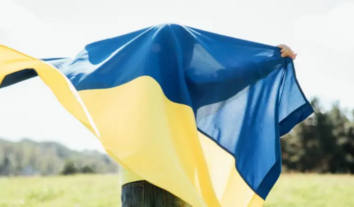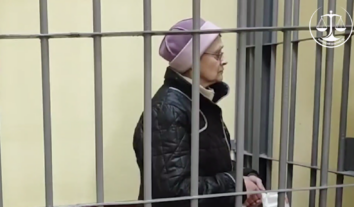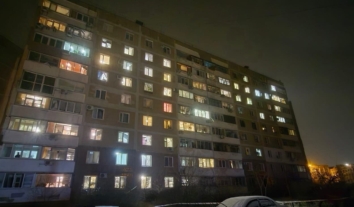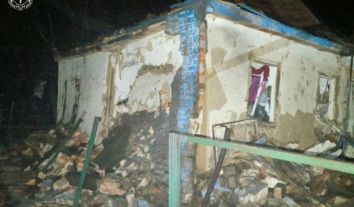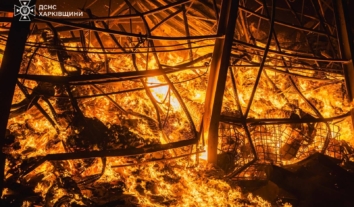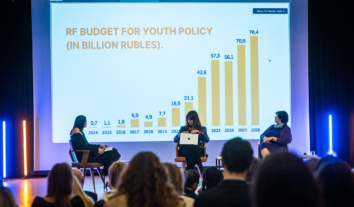Understanding Russia’s colonial aspirations is key to peace talks
For years, the Kremlin has weaponised history, manipulating facts to justify its imperial ambitions. To achieve a just peace, the world must recognise the colonial nature of Russia’s actions and understand the deep roots of its aspirations regarding Ukraine and Crimea, Rory Finnin, founder and head of Ukrainian Studies at the University of Cambridge, stated.
ZMINA recorded his speech during the panel discussion “Crimea and the Peace Formula. Humanitarian aspect” within the Fourth Summit of the International Crimea Platform on September 11, 2024.
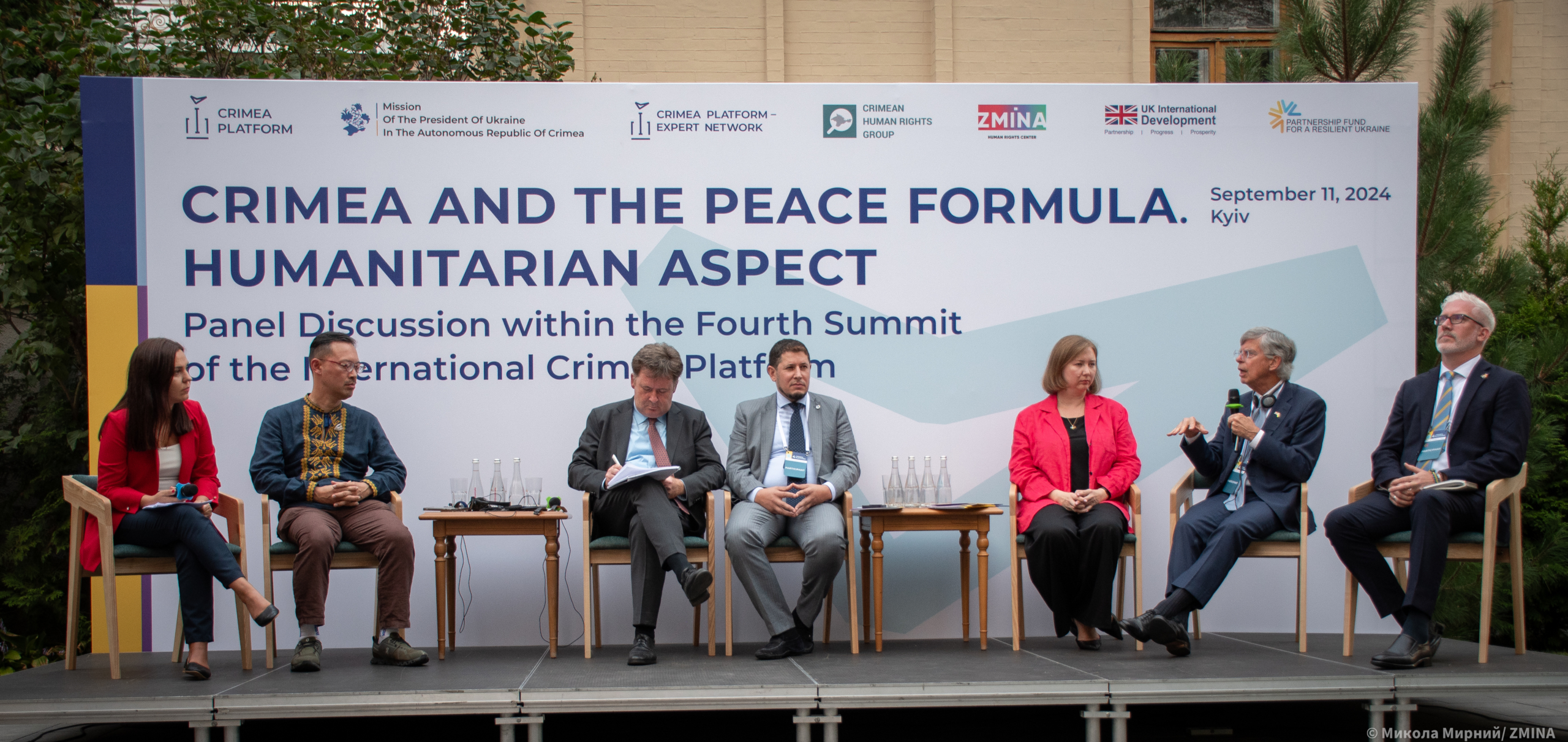
The question of history is incredibly important. For years, the Kremlin has weaponised history, a tactic that has proven very successful around the world. I want to discuss this in several ways.
However, first, I want to address the peace formula and the question of peace, because we must all acknowledge that there can be no peace with an aggressor bent on conquest, as Wilfried Jilge, a historian of Ukraine and Eastern Europe and senior adviser on Ukraine and the Black Sea region at the Integrated Response Hub for Ukraine at the Stabilization Platform, has rightly pointed out.
We should invest as much as we can in supporting the Ukrainian forces in exercising their sovereign right under the UN Charter to defend themselves. That’s the most significant thing. Yet when discussing future peace, it’s crucial to understand the origins of this war and why Ukraine and Crimea matter so much.
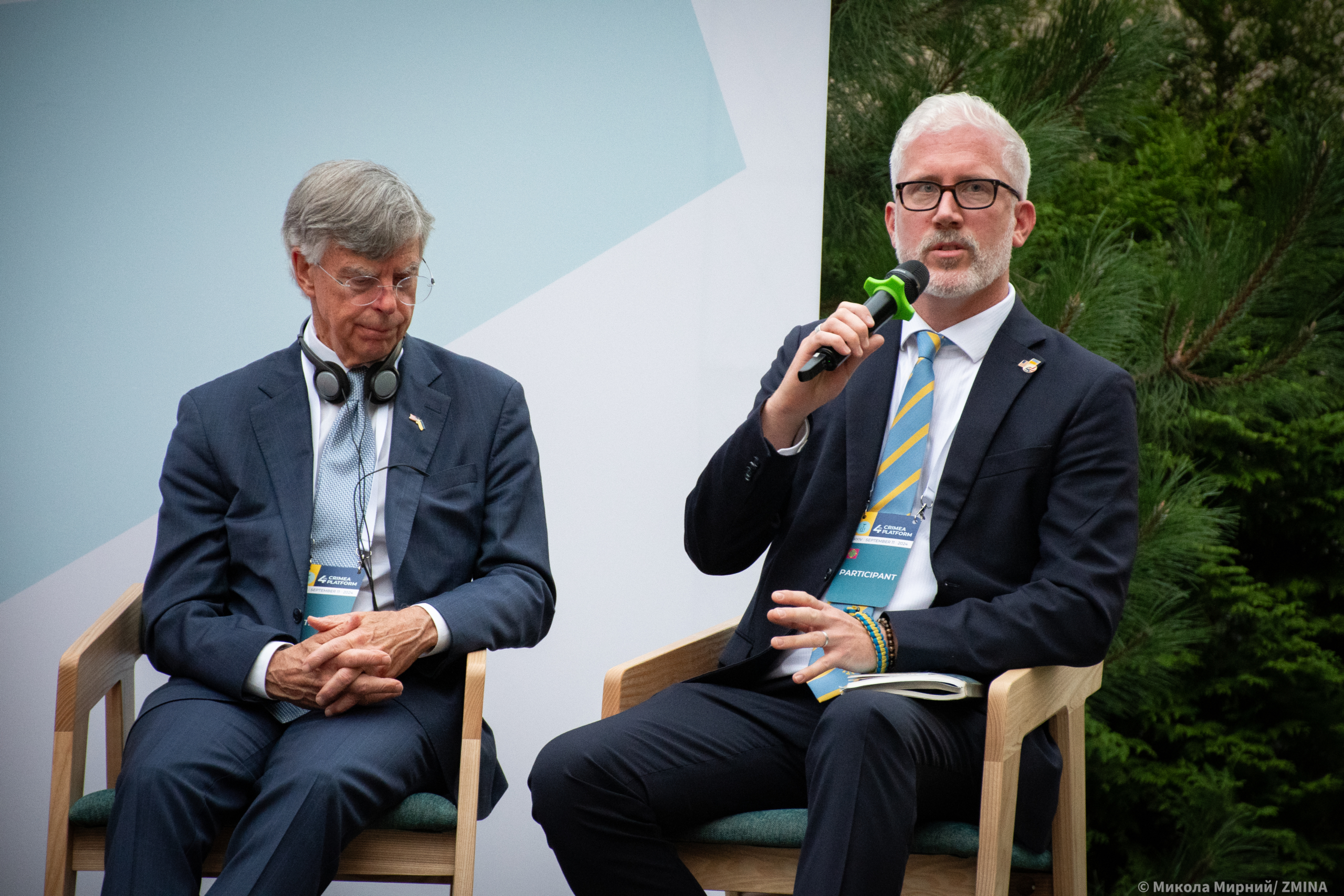 On the photo: William B. Taylor, Amiracn diplomat, Vice President at US Institute of Peace and Rory Finnin, founder and head of Ukrainian Studies at the University of Cambridge, United24 volunteer
On the photo: William B. Taylor, Amiracn diplomat, Vice President at US Institute of Peace and Rory Finnin, founder and head of Ukrainian Studies at the University of Cambridge, United24 volunteerTo begin with, we must recognise that we have failed to understand that the Russian Federation is a colonial empire – not was, but is now. Here, I speak in the context of British, American, and, more broadly, European academic work.
Russia is currently engaged in recolonising territory through horrific means, as we know. We must be very clear about the colonial nature of this regime. Understanding this helps us grasp a few further things about Crimea.
Crimea and Ukraine are the most desired colonies in the Russian imperial imagination. Ukraine has long been such a colony, particularly one that Russia has culturally colonised for a very long time. But Crimea holds a special place in the Russian chauvinistic imperial imagination, largely due to the expulsion, ethnic cleansing, and genocide of the peninsula’s indigenous populations.
It’s important to note that from the 14th to the 18th centuries, the Crimean Tatar Khanate ruled Crimea and allied with the Ottoman Empire. In 1783, Catherine II annexed the peninsula to the Russian Empire. Sometimes, Western history books may mistakenly portray the annexation of Crimea as a voluntary act, which is completely false. It took place after four different invasions of the peninsula. It resulted from military conflict.
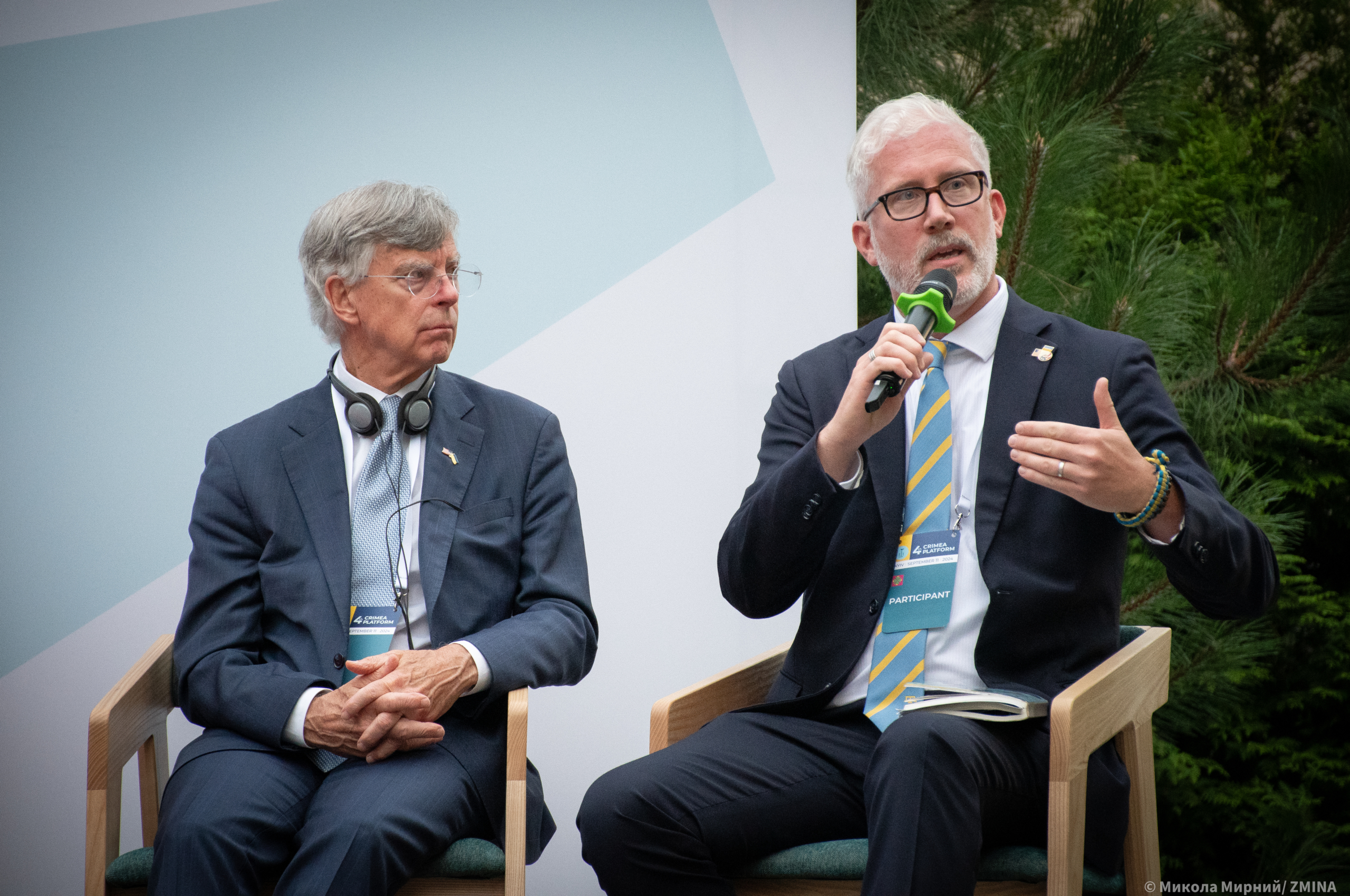
Even in the middle of the 19th century, the Crimean Tatar population constituted about 80% of the population of Crimea. But after the Crimean War, the Kremlin blacklisted and condemned the Crimean Tatars as traitors, not for the first time, which was a completely false allegation.
This led to ethnic cleansing and displacement that continued throughout the 19th and 20th centuries until today. Crimea’s importance in the Russian imperial imagination turned it into a screen of imperial desire. It became a platform for Soviet power.
After the Kremlin deported the Crimean Tatars in 1944 and changed the names of all the Crimean Tatar towns and cities, we saw a pattern firsthand, familiar to anyone who has lived in a colonial context around the world. Typically, the imperial coloniser comes, cleanses the native population, changes the names of towns and villages in conquered territory, and erases culture. Moscow did all these things for many years. It started in the 19th century and continued in 1944.
As Western scholars and academics, we need to recognise that the concept that Crimea is “Russian” is a completely false understanding of the peninsula. It is “Russian” because Soviet and Russian imperial regimes resettled Russians and Ukrainians there. They seized the property and homes from the Crimean Tatar natives.
These settlers and their descendants now defend this legacy. They don’t want to face it. Consequently, the Crimean Tatars are a reminder to the Kremlin that they don’t, in fact, have dominion over Crimea, that they are not eternally lords and sovereign over Crimean territory.
Pass online course on Udemy “Crimea: History and People”
Understanding this imperial legacy and chauvinistic culture that Russia imposes on Ukraine and the Crimean Tatar community is important because the peace we keep talking about will be very difficult to achieve if we don’t understand the intentions, background, imagination, and culture of the aggressor state itself. There’s no context now where we can see a Russian aggressor being at all interested in peace. We have to think about it and be ready for it, but I think history shows us that that’s a fool’s error.
This material has been funded by UK International Development from the UK government; however, the views expressed do not necessarily reflect the UK government’s official policies

